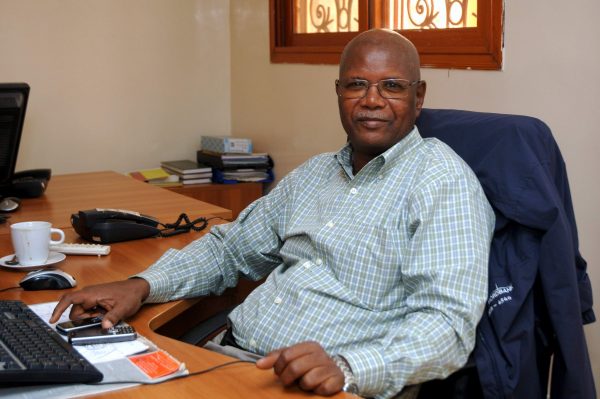
(JollofNews) – Reporters Without Borders (RSF) welcomes the new Gambian government’s pledge to amend the country’s media laws and shed light on the deaths of journalists during the Yahya Jammeh dictatorship, and says it is ready to assist these efforts to establish the truth and render justice.
By reiterating the new government’s commitment to media freedom, the minister of information and communication, Demba Ali Jawo, has made it clear that a new page is in the process of being turned in Gambia.
The minister’s comments were delivered at a ceremony at the law faculty in Banjul on 3 May to mark World Press Freedom Day, an event that had not been officially celebrated in Gambia for the past 20 years.
“Reconciliation certainly is a priority of the government, but I can assure you it will not happen at the expense of justice for our colleagues who were victims during the former regime; which include the late Deyda Hydara, Chief Manneh and Omar Barrow, and all journalists who were subjected to torture in the hand of agents of the former regime,” Jawo said.
Jawo said he also intended to amend Gambia’s media laws to bring them into compliance with international standards. Draconian media laws were adopted in the final years of the Jammeh dictatorship.
“We enthusiastically welcome information minister Jawo’s statements,” said Cléa Kahn-Sriber, the head of RSF’s Africa desk. “We are ready to support initiatives aimed as establishing the truth and justice for the journalists who disappeared during the Jammeh era. They include our correspondent, Deyda Hydara, who was murdered in 2004. And we urge the minister to quickly embark on the legislative reforms that will finally give Gambia’s journalists a free and ethical environment.”
Jawo also talked of creating new media outlets including privately-owned TV channels. This would be unprecedented in this small country, where the state currently has a monopoly of TV broadcasting.
On media regulation, Jawo said he favoured a system of self-regulation and undertook to consult with such parties as the Gambian Press Union, which is very active in such areas as journalistic training, ethics and freedom.
Since President Adama Barrow and his government took office in January, they have made several statements supporting the principle of media freedom. RSF wrote to President Barrow in March to express its support for these initiatives.
Under President Jammeh, journalists lived in terror and had to censor themselves to avoid disappearing or being murdered. Many fled the country. Others were subjected to drawn-out legal proceedings. Social networks could not be accessed without using a VPN and the broadcast media were limited to a few radio stations and state TV, which just sang Jammeh’s praises.
Gambia has risen two places in RSF’s 2017 World Press Freedom Index and is now ranked 143rd out of 180 countries

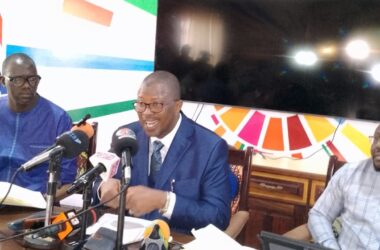
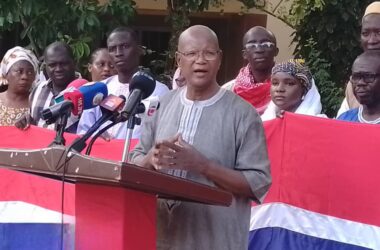
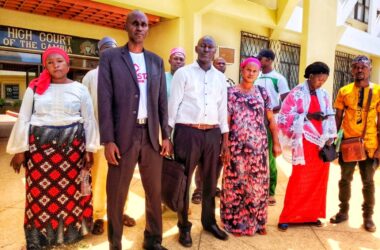
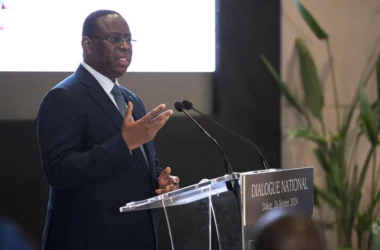
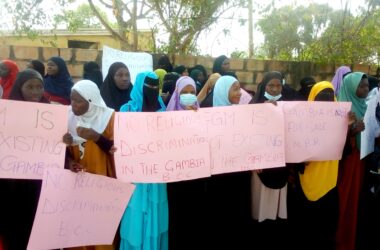
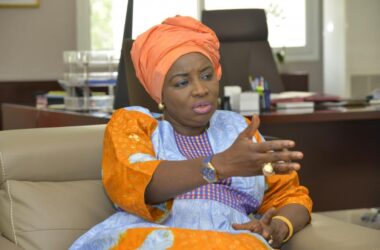


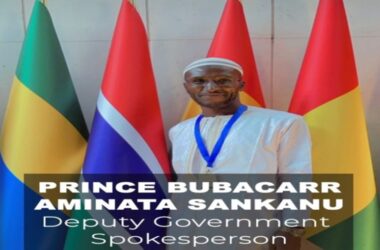


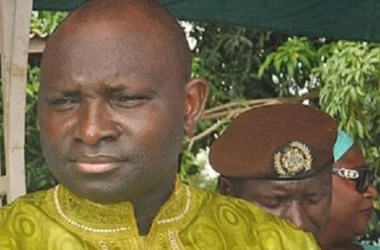
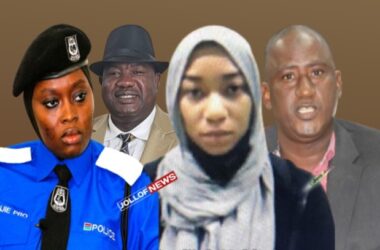
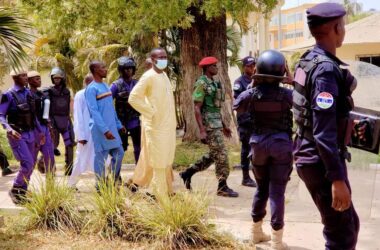

Private TV station sounds interesting?
As an inside outsider, I find it very strange indeed that for more than two decades Gambians would rather vote for an APRC dictatorship than a UDP Dictatorship. By a sheer quirk of fate the leader of the UDP was imprisoned and lead temporarily by a virtually unknown, who managed to convince other parties to join him in a coalition to defeat sad old Yahya Jammeh.This left The Leader of the UDP to be freed from jail to take back ownership of his party and dispense the coalition to fight for control of the National Assembly. Which on the back of the afore mentioned they of course did by a landslide. Then the coalition was reformed minus Halifa Sallah. To further confuse matters the President is a member of the UDP but
still not its leader. Nevertheless, the combined opposition that was that is now a Coalition seem quite happy to follow the leadership of a member of the UDP who is not the Leader. Very confusing indeed.
As for press freedom, apart from The Freedom Newspaper, you would have to count all the others as the retro sycophants of The UDP. A mention has to be given to Mama Kandeh whose 17% of the Presidential vote allowed all this to take place. So the only opposition leaders who will have the right to complain will be Mama Kandeh and Halifa Sallah. Who do not have a highly paid Cabinet position.
So what happens next ? Do they disband after the Promised three year transitional period or keep their jobs for the next 5 years? Whether it be three or five, I would be happy to place a bet that The UDP will win “the real” Presidential election and all them cabinet coalition party leaders will be otherwise unemployed. The next government is therefore already known. But of course a smiling dictatorship is much preferred to the angry one it replaced. We must mention Demba Jawo. Demba was the only Journalist online who actually held a full time job in Journalism. The rest never made it while in exile. Now that’s confusing. When is a Journalist not a Journalist ? Answer, When he’s not in The Gambia.
So what happens if one of them Party Leaders gets the sack? Or may I ask Can they be sacked or do they have a job for life…. Oops!!! Sorry should have said 3 or maybe 5 years / Or maybe for life was right?
From a 67 year old disabled pensioner with 40 years Company Director experience.
Mike…A little help here. Don’t be surprised if they get “swallowed” by the UDP. That’s normal in Gambia. That’s how PPP eliminated serious competition.
Ahmat Bah and Mai Fatty certainly seem to be wearing UDP colours beneath their flowing “bous bous” and immaculate suits.
In life you get what you earn. If you don’t earn, you get what your given. I guess you could say Kandeh and Hon Halifa are “earners”